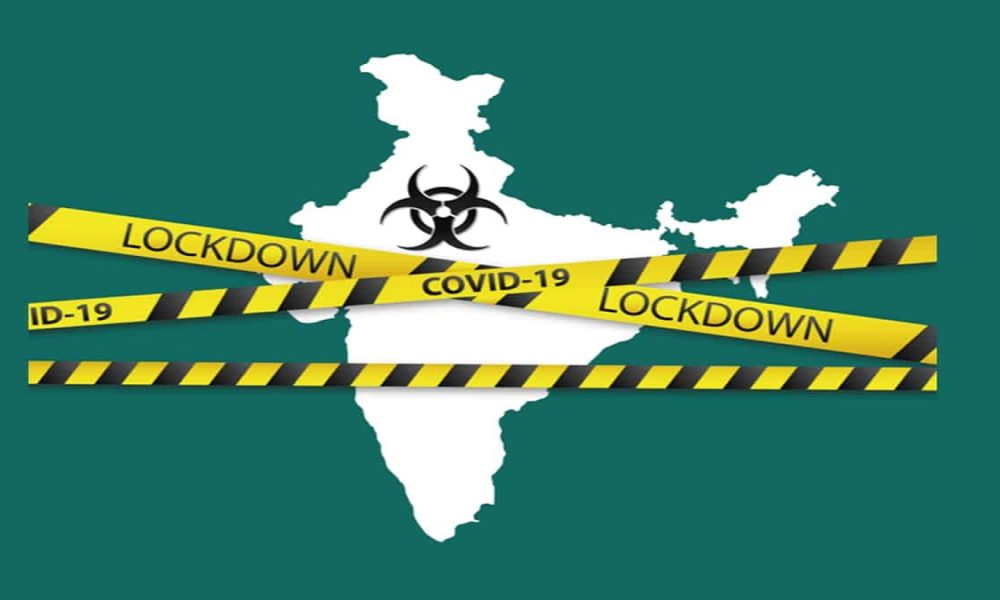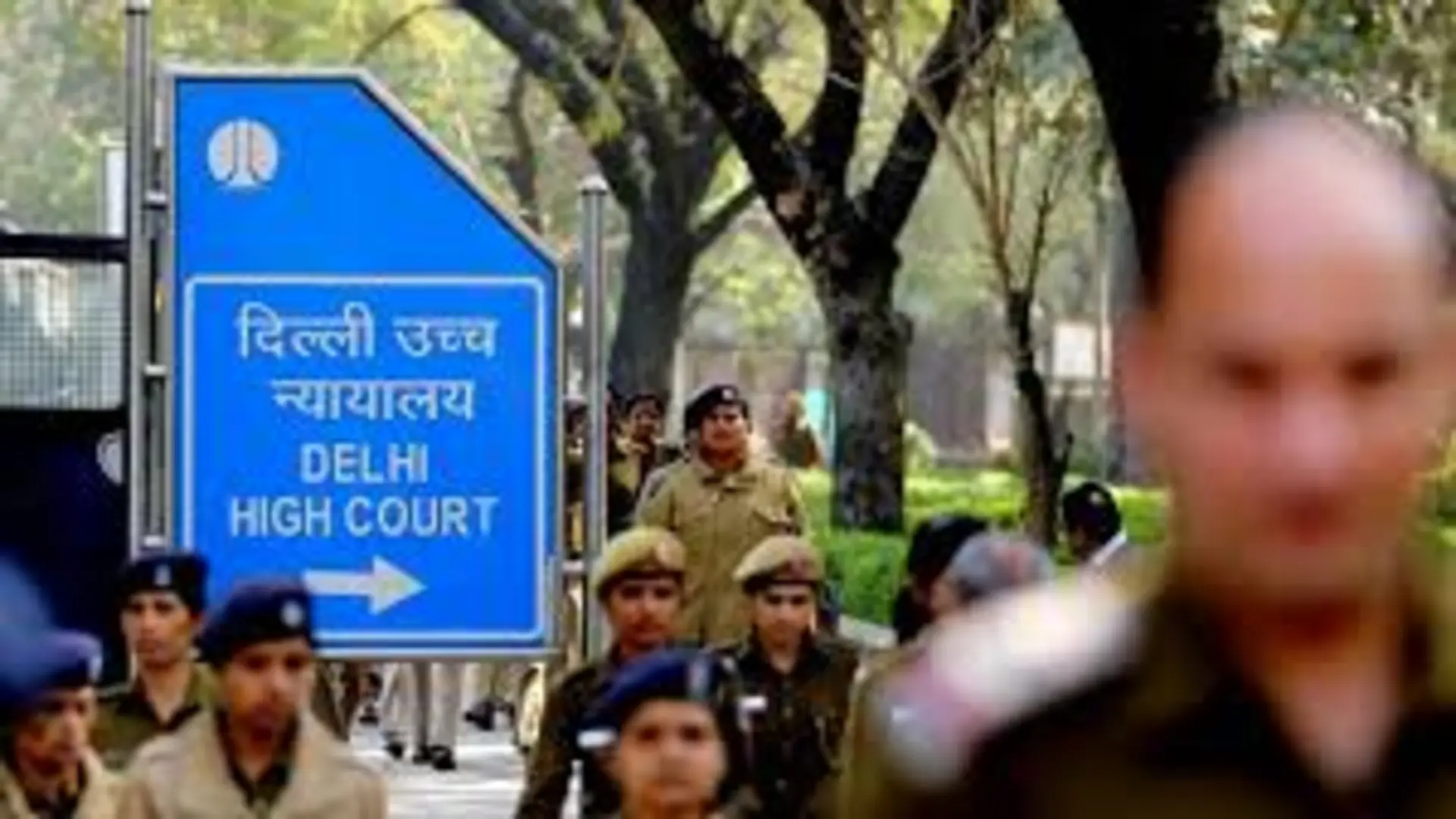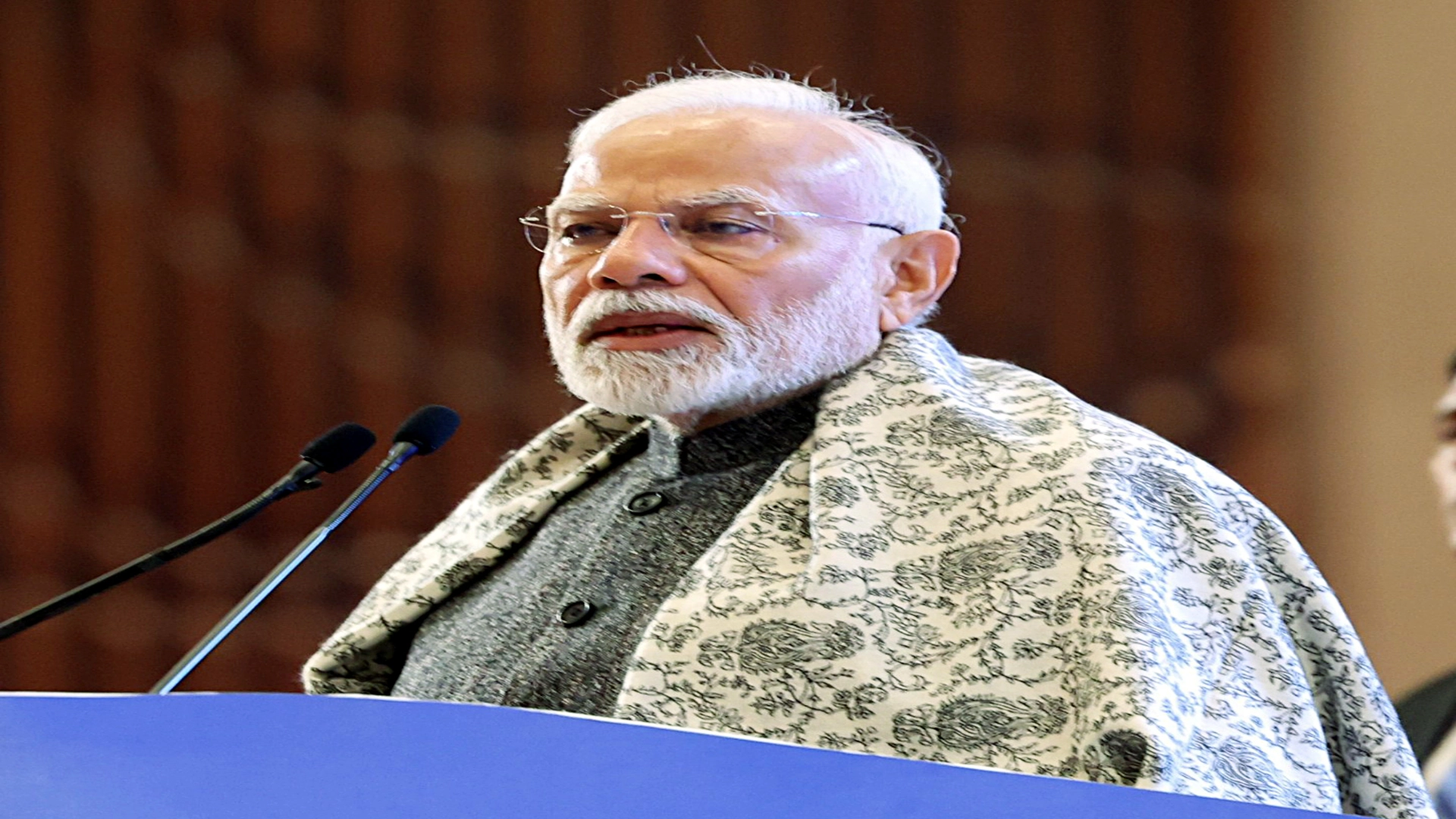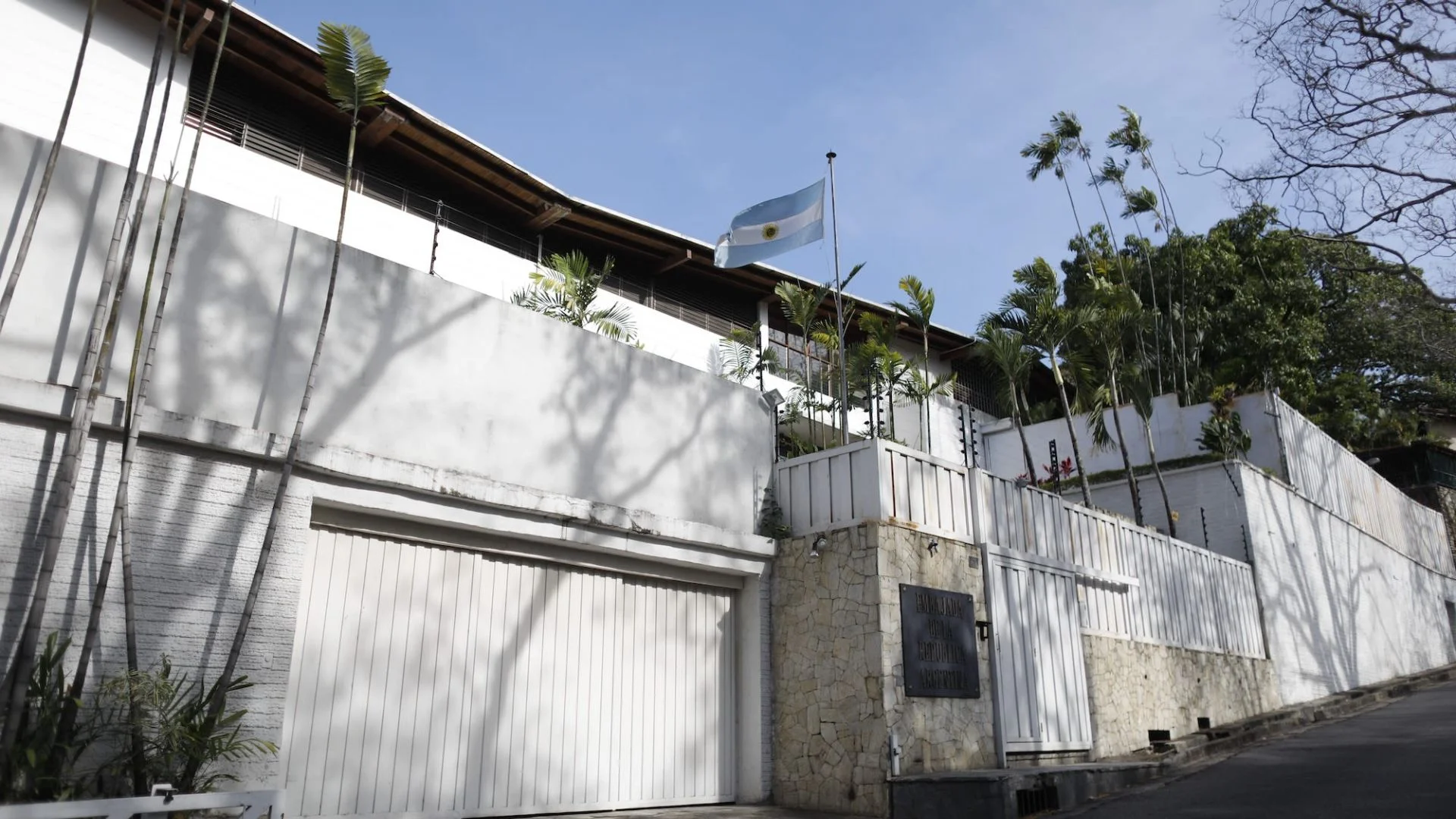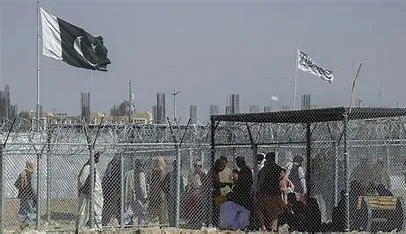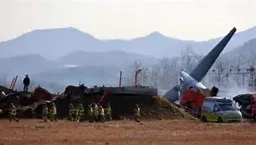It is the 50th day of the complete lockdown in India due to the Covid-19 pandemic. As of today, there are over 70,000 active cases of novel coronavirus and more than 2,290 deaths. The numbers are rising exponentially with just a minor relaxation of lockdown norms. We don’t see any sign of relief from this deadly monster in the near future. It is evident now that the coronavirus will stay for some time and we have to learn how to live with it, making necessary adjustments. Life is precious but so is sustenance. Both lives and livelihoods have to be protected. Smooth functioning of the courts is the key to preserve public confidence in the Rule of law. This however, has to be balanced with health concerns for the litigants, lawyers, court-staff and judges. Fortunately for us, technology is available for the running of the justice delivery system. Virtual hearings through videoconferencing are the best substitute to actual court appearances. On 1 April, when I wrote about the state of affairs of our judicial system in Lockdown 1, the active cases were only 1,300.
At that time, I was a bit disappointed with the limited use of technology to assure the free flow of the stream of justice. Since doctors, health workers, policemen, municipal officials became corona warriors, I thought we could and should do our bit to keep the system up and running. It is with this thought that the Supreme Court passed the first order on 23 March, directing the constitution of a HighPower Committee (HPC) of all the high courts, to evaluate the Covid-19 situation and work towards decongesting the prisons. The Delhi High Court HPC headed by Justice Hima Kolhi held meetings and passed multiple directions for the release of the prisoners. As of now, more than 3,200 prisoners have been released, either on parole or on interim bail of 45 days. The interim bails of people who were released have been further extended for 45 days by the HPC on 5 May. Having said that, around 14,000 prisoners are still languishing in the jails in Delhi which have a capacity of only 10,000. According to the latest update, the Arthur Road Jail in Mumbai has reported 184 positive cases of Covid-19, which include 26 jail officials. Delhi’s Tihar is highly overcrowded, hence some urgent measures are required for its decongestion before it is too late.
Already, news of positive cases there is doing the rounds. The Delhi High Court has a roster of 11 judges who are hearing the cases, five days a week, with a few urgent hearings even spilling over to Saturdays. Around 100 cases are listed in the High Court daily. The district courts have started hearing even the notso-urgent cases. Over 12,000 cases have been heard by the courts during the lockdown period. The judges are gradually adapting and getting comfortable with hearing cases virtually and soon, we shall see an increase in the number of judges taking up cases online. New rules for conducting virtual hearings are being framed and would be notified soon. Live streaming of the hearings is also under consideration. The majority of bar members are familiarising themselves with the requisite technology, realising that this is the only way forward. Inspite of all this progress, there is some resistance by a few bar leaders. They are not ready to accept that the virtual hearings by videoconferencing shall be the norm for now. They argue that many lawyers have no access to technology and some are not familiar with the system of videoconferencing. I do not agree with them.
Lawyers are professionals who are trained to adapt to the new situations in life and thus should lead by example. Almost all lawyers have smart phones and computers that can be effectively used for conducting the hearings online. I do not support opening of the court complexes as of now, as I fear we would face problems that we faced at the opening of liquor shops. Law Minister Ravi Shankar Prasad, while holding a review meeting with the Attorney General and the law officers of the county, advised to take the lockdown as an opportunity to make digital systems in justice delivery more robust. I support his view that the e-court system should be strengthened and request the government to help in upgrading the technology in all courts throughout the country. Justice Dr DY Chandrachud in his capacity as the chairperson of the E-Committee of the Supreme Court, is taking significant steps for upgradation of technology in all courts. The judicial system is trying its best to change gears and make virtual hearing successful all over the country. Have we made progress in the last 50 days in using technology to our advantage? I would say yes, we have made significant advancement in this direction. There has been a marked improvement in the quantum and quality of virtual hearings in the Delhi High Court and the lower courts.
Speaking from experience, I appeared for multiple hearings in the High Court by videoconferencing over the last 50 days from the comfort of my home library. The whole experience has been extremely enriching and I learn something new, every time. A few hearings lasted up to 2-3 hours in a session. On some occasions, they stretched or even started beyond the normal court hours in the evening. The hearings were exhaustive but were conducted smoothly. At times, I had to wait for hours for the case to be taken up. The experience to wait, of course, is not the same, as it is in open courts as one is alone, within the confines of one’s home. Instead of walking in the corridors of the court premises, I walk in the corridors of my house in my court dress, waiting for a call from the court master to begin. I certainly miss the table discussions we used to have in the bar room with lawyer from all spheres. I most definitely miss the free flow of coffee every one hour in the criminal side bar room. I miss sharing the after-effects of the hearing immediately after coming out of the court room with my colleagues with whom I used to spend substantial time preparing and discussing the cases.
At times, it does get lonely. At such times, I tell myself that this is just another battle that one has to fight to win the war. To prepare for these cases, I have interactive sessions with my colleagues and also confer with the briefing counsels on Zoom. I use the extra time to read and enhance my knowledge of law and have held a few webinars on various aspects of criminal law. One of the most important aspect of videoconferencing is a good internet connectivity. I have realised that we need to upgrade our home offices, increase our existing bandwidth, follow protocol of videoconferencing, adapt to the new mode of communicating with the courts and learn how to file documents electronically. My appeal to my fellow lawyers is to take an active role in understanding the challenges facing the judicial system and become advocates for change. Stay on top of communications, learn the standard operating procedures for e-filing, be patient and prepared for technical issues to arise during virtual hearings. We will need to provide constructive feedback on personal experiences with virtual hearings and recommend necessary changes and improvements. I would like to share the story of Rajender Beniwal.
Rajender, a young lawyer residing in a remote village called Mithria in Rajasthan along theIndian-Pakistan border around 600 km away, filed a case in the Delhi High Court on behalf of a CISF officer who is posted in Jammu and Kashmir. He prepared the file, uploaded the petition from the village, mentioned and got it listed, argued by videoconferencing and got an interim order in his favour. The order was emailed to him online in his village by the evening. It broke all barriers of geography, cost and convenience. So, with the use of technology we can do cases, outside the jurisdiction of Delhi. I have been briefed to appear in Gujarat High Court next week. The idea of appearing in different jurisdictions while sitting at home is fascinating. So much of time, money and energy consumed in travelling is saved. A renowned Indian lawyer appeared before the Supreme Court of India while sitting in London. He could not have imagined 50 days back, that he would be engaged to appear in India while being abroad. I surely feel that at present, the hearings shall be restricted to arguments only. Conducting criminal trials by video conferencing seems to be difficult for now.
The cross-examination of witnesses would be cumbersome as defence lawyers formulate their questions while observing the body language of the witness. We still need to do a lot on that front. In these unprecedented times, it is evident that most people are bearing the brunt of lockdown. The workforce is facing a “do or die” situation and those who are not getting on with the alternative modes of working are being sieved out. This pandemic has changed the people’s attitude towards life. Ever since courts have been established in India, they have been functioning nonstop, except during the official vacations. The Covid-19 pandemic has exposed for all to see longstanding problems in the justice system across India. Let us acknowledge and rectify these issues. We must support the system of digital courts and facilitate in getting justice to the last man standing in the queue. Chaos and conflict are precursors to great change and organisation. Let us not get overwhelmed by the uncertainties and battle on. We are standing on the Brink of a completely New World and must adapt to survive. So march on, Change, Adapt, Learn, Facilitate and equip yourself for life in the New World, post Covid-19. Vikas Pahwa is a Senior Advocate, assisted by Preeti Pahwa, Advocate

